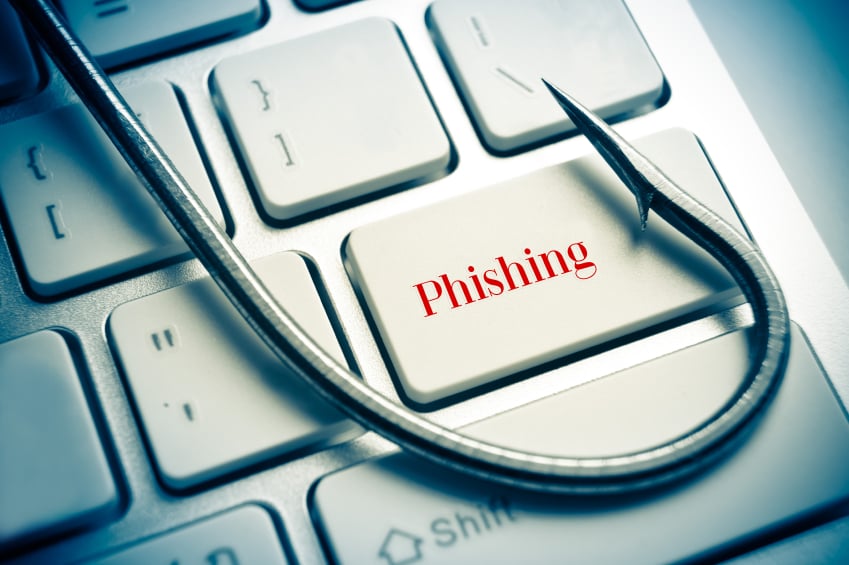You are viewing our site as an Agent, Switch Your View:
Agent | Broker Reset Filters to Default Back to List
Due to the ongoing situation with Covid-19, we are offering 3 months free on the agent monthly membership with coupon code: COVID-19A
UNLIMITED ACCESS
With an RE Technology membership you'll be able to view as many articles as you like, from any device that has a valid web browser.
Purchase AccountNOT INTERESTED?
RE Technology lets you freely read 5 pieces of content a Month. If you don't want to purchase an account then you'll be able to read new content again once next month rolls around. In the meantime feel free to continue looking around at what type of content we do publish, you'll be able sign up at any time if you later decide you want to be a member.
Browse the siteARE YOU ALREADY A MEMBER?
Sign into your accountDon't Get Caught by the Phishing Hook
April 17 2017
 It's spring home buying season, but that also means it's phishing season, and not the kind that puts fresh trout on the dinner table. "Phishing" is an attempt to try to trick you to give up financial or other confidential information, such as your user ID or password, by sending you a communication that looks as if it is from a legitimate organization. The communication typically is from scammer who is using the name and likeness of a financial institution or other trustworthy organization. It contains a call to action or link to a fake website that can look identical to the real one and usually features a web address that is nearly identical.
It's spring home buying season, but that also means it's phishing season, and not the kind that puts fresh trout on the dinner table. "Phishing" is an attempt to try to trick you to give up financial or other confidential information, such as your user ID or password, by sending you a communication that looks as if it is from a legitimate organization. The communication typically is from scammer who is using the name and likeness of a financial institution or other trustworthy organization. It contains a call to action or link to a fake website that can look identical to the real one and usually features a web address that is nearly identical.
As home sales activity heats up this spring, real estate agents and brokers also need to ramp up their alert levels and be increasingly aware of these scams. Scammers are increasing their focus on real estate because they know that there are millions of transactions totaling billions of dollars each year, and our industry relies heavily on email and texting to coordinate communications for these transactions. We all get busy, yet we need to be particularly cautious and keenly aware of any communications that ask for confidential information, no matter how trustworthy the source may appear.
A good example occurred in Florida earlier this year. A fake organization calling itself the "Florida Board of Realtors" sent out invoices to real estate professionals throughout the state, sending them a "Final Notice" bill. The attached letter suggested that their real estate licenses were in jeopardy unless they paid the annual $225 fee. The invoice even cites a Florida Statute in an attempt to establish legitimacy. This highly sophisticated scam even included links to a very professional looking website. However, if you dug a little deeper, you would discover that most of the links on the website were broken – they did not work – and the blog content was very outdated. Fortunately, Florida Realtors were notified immediately by members and sent out a statewide alert to members. But how do you protect yourself from something like this, and other scams?









